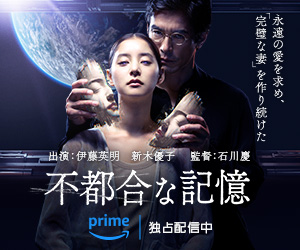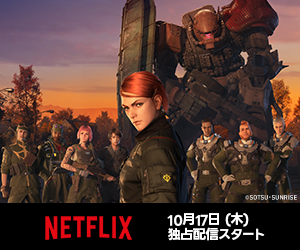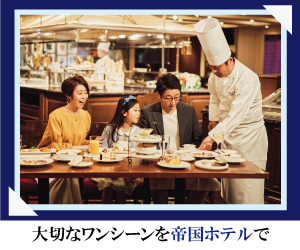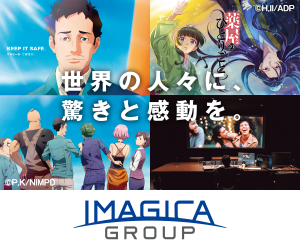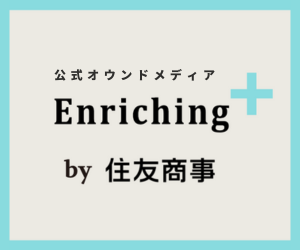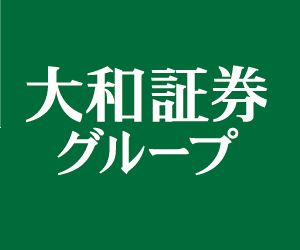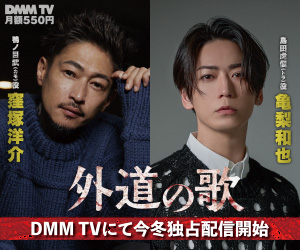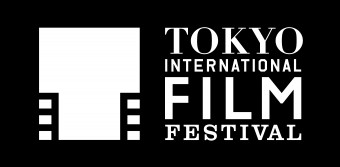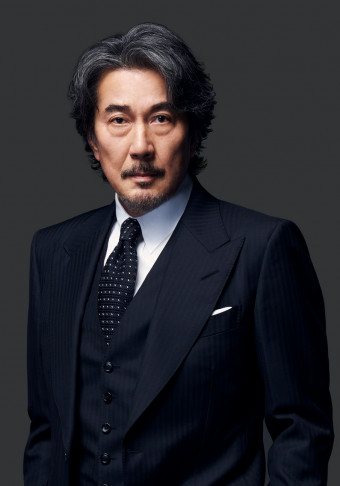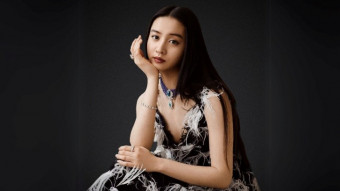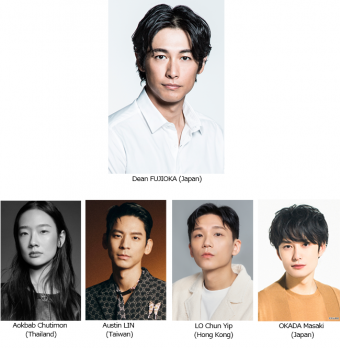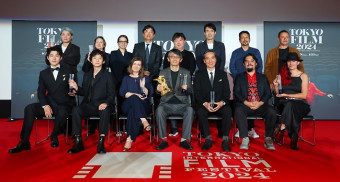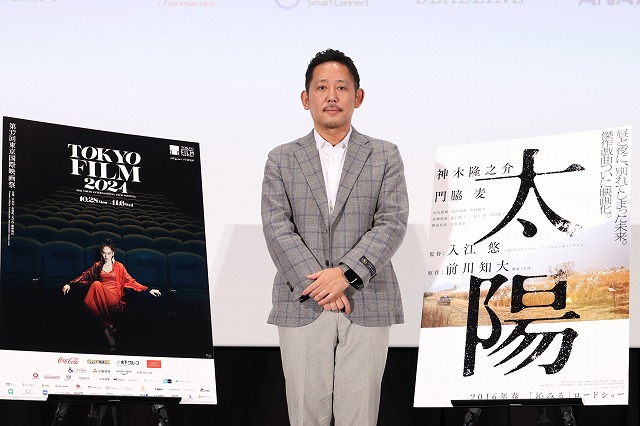
What if a virus spread through the world, dividing the human race into the rich Nox, who are vulnerable to sunlight, and the poor Curios, who must live under the sun in poverty, subjugated by the superior Nox? This is the premise of Irie Yu’s 2016 feature The Sun, an unconventional sci-fi work with a strong social commentary that was certainly ahead of its time. One of the most ambitious and provocative films of Irie’s career, it is certainly worthy of a serious re-evaluation in the post-Covid era, and is being shown in the Nippon Cinema Now section of the 37th Tokyo International Film Festival, where Irie is the Director in Focus.
Irie appeared for a Q&A session after the screening of The Sun on October 31, with TIFF’s Programming Director Ichiyama Shozo as a moderator. Irie told the audience, “I’m honored that my films are being screened at TIFF. I was not involved in the selection of my films. It was up to you, Mr. Ichiyama. So thank you so much for including The Sun.”
Based on an award-winning stage play of the same title by Maekawa Tomohiro, The Sun was a passion project for Irie, who was a fan of the theatrical production and contacted the playwright to ask if he could turn it into a film. “I liked science fiction in general, I was brought up with science fiction films, and I always wanted to try making my own,” said Irie.
After making a splash with the SR Saitama’s Rapper trilogy (2008, 2010, 2012, also being shown at TIFF), Irie moved into more commercial filmmaking. The Sun was not only one of his first studio-backed productions, but also a significant learning experience for an indie filmmaker. According to the director, “How to capture the light was something I learned for the first time through cinematographer Kondo Ryuto (a frequent Kore-eda collaborator) and the lighting director. I realized that light is very important because there are certain things that you can only shoot at a certain time. It’s not a documentary film, but to me it felt like documentary because I was trying to capture a moment.”
Now a successful filmmaker who moves between commercial and indie films with ease, Irie was asked if he’s conscious of any consistency in his thematic concerns — stories of “isolation and resistance” were suggested. “I’ve never really thought of it that way,” admitted Irie, “But with these special screenings, they’ve made me realize that maybe those are things that I am interested in. Probably I’m just scared personally of how society puts pressure on people. Maybe I make that into film and share this feeling with everyone. With Vigilante as well, I make a film to share these feelings with audiences.”
The Sun depicts the unfair isolation of a marginalized group, with the central question of whether or not the poor Curios should be transitioned to the rich Nox. Asked if he would like to become a Nox, like some of the characters in the film, Irie answered, “I thought I was a Curios type of person in the past, but with Covid, we are probably the Nox.”
As he pointed out, “A Girl Named Ann (his latest film) is also about a girl who died during Covid. All of us here, we have survived the pandemic. From that perspective, I think we are the Nox and we have a responsibility as survivors in this world.”
Eight years after the release of The Sun, it has become a film that Irie holds dear; so much so that he remarked, “I would like to remake this film before I die if possible.” Considering the state of the world after the global pandemic, revisiting the work could be a worthy endeavor.
Q&A Session: Nippon Cinema Now Director in Focus: Irie Yu
The Sun
Guests: Irie Yu (Director)














